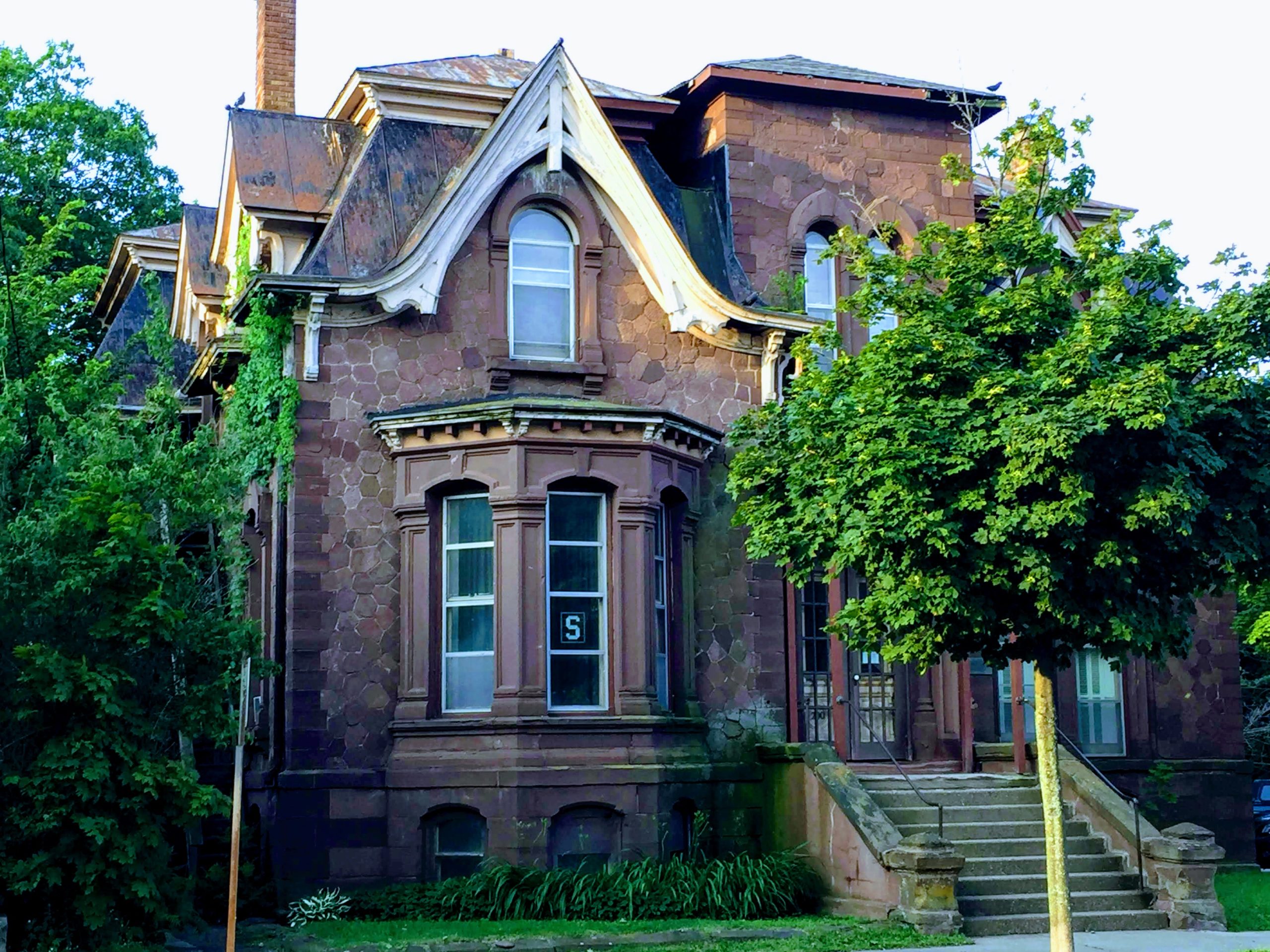Reader Question: I’m guessing nearly forty-percent of the homes in our neighborhood are in need of clean-up, painting or siding, landscaping, and more. The area is busy so there is traffic noise, and pedestrian traffic. I feel like the neighborhood is going downhill. It is an older neighborhood from the late 1800’s. What does this do to the value of our home?
Monty’s Answer: The first order of business is to do some research to validate your feeling the property values are declining. There are multiple sources of factual information from the county government, the planning commission in your municipality, and community organizations such as Habitat for Humanity. For example, here is a link to a document developed in Green Bay, Wisconsin. Green Bay was incorporated in 1854. Check to see if your city or county may have a similar resource. It is also very likely there are other like-minded people in your neighborhood that are also wondering about property values.
Declining or advancing
You will have your answer when you have spoken with the sources mentioned above. Now the question for you will be what are my choices? If the answer is values are trending up, it may give you peace of mind, but the neglected houses will still remain. If values are trending down, it will confirm your suspicions and the neglected homes will still be there. It is very likely the neglected homes are influencing property values whether the values are going up or down. Here are your choices:
- Ignore or tolerate the situation.
- Get involved to help improve the situation.
- Relocate to a neighborhood where the vast majority of homes are well-kept.
A risk in homeownership is the inability to control what the neighbors do; an advantage is the freedom to do what you wish with your property. Ordinances and codes may offer some protection, but the reasons an owner allows their home to deteriorate may not be known.
Organize the neighborhood
Consider organizing a group of neighbors to join in the effort because they are affected as much as you are. Start with a small meeting, possibly at a neighborhood coffee shop or the library to build some awareness and learn who may be interested in working with you. Remember to invite landlords as they are also affected.
The municipality may help, or may already be helping. An organized group you can join may already exist. The city may have a program that incentivizes homeowners to improve their homes. State and federal agencies have financing programs to rehabilitate homes in designated areas. Bringing neighborhood pressure to focus on the situation will get a lot more attention, which is often the only action to which offenders respond. Unwanted public attention also can be useful in gaining cooperation. Have you spoken with your ward captain or alderman? Communicate with the offenders as they may want and need help or not realize they are hurting themselves financially.
Here is an article about some of the influences that affect property values titled the Red flags of real estate you may find helpful.

